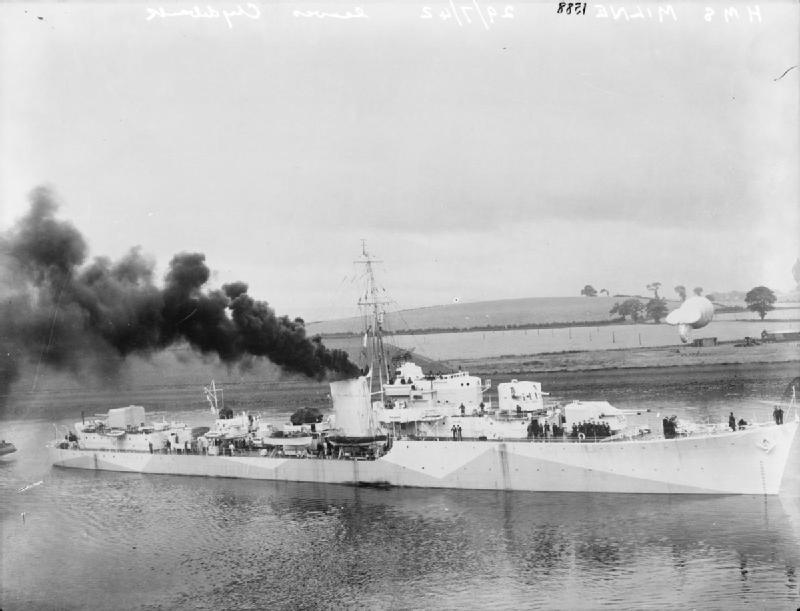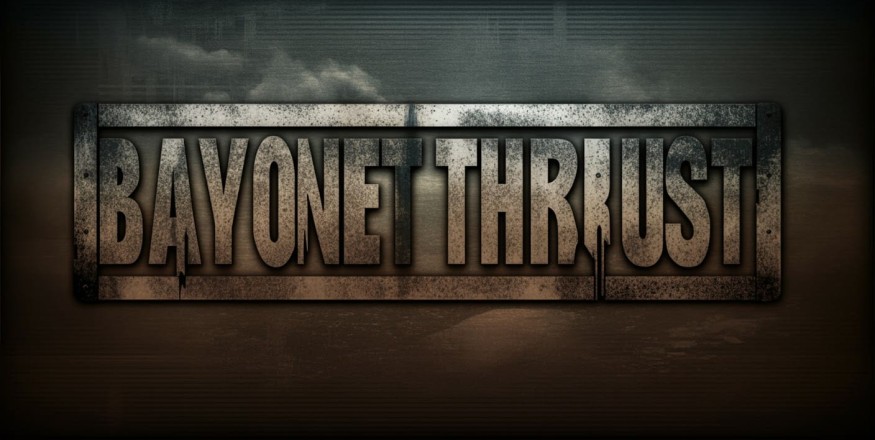TRANSCRIPT OF DIALOGUE BETWEEN PRESIDENT RONALD REAGAN AND KEY MEMBERS OF HIS ADMINISTRATION, APRIL 19, 1982:754Please respect copyright.PENANAtg5gVQLldR
(CASPAR) WEINBERGER: Today the Soviets announced that they've launched a new Salyut manned space station. It was only one of twenty-one satellites launched by the U.S.S.R. in the last two weeks, most of them from their main space center in Tyuratam. We known from previous observation that the Salyut space stations are equipped with telescopes possessing a ground resolution better than half a meter. That's less than 18 inches. While they claim that the Salyuts are peaceful in nature, Mr. President, there's little question that they're designed for military and reconnaissance use. And the importance of having human eyes and intelligence on board is something that we cannot afford to underestimate. For all of present-day technology, there are still phenomena that only a human observer can distinguish. Some years ago there was a flash of light in the Indian Ocean just off the coast of South Africa. To this day we haven't been able to determine whether it represented a nuclear test conducted by the South Africans or whether it was some kind of meteor crashing to Earth. If we'd had an astronaut in one of our Vela satellites, he could have told us what it was.
REGAN: What exactly does this have to do with the topic under consideration? Are you saying that they've been putting all this crap into the sky to help out the Greeks?"
WEINBERGER: Their orbits are such that there can be no other reasonable explanation.
POWELL: Intelligence is one thing, strategy quite another.
REAGAN: So what are you proposing?
WEINBERGER: That we stop this vacillating and get solidly behind the Turks. Instead of holding up the planes and arms they've purchased, let's speed them through the pipeline. I am of the opinion that Alexander's evenhanded strategy has proven a failure. We've gained nothing by pretending to be neutral. And if we don't move in fast to help the Turks we're likely to see real problems developing for their government.
REGAN: Real problems? Like what?
WEINBERGER: After the initial successes the Turkish military achieved in taking the islands, there was a great outburst of patriotic fervor. That was only to be expected. But now that the war seems to have bogged down and threatens to become protracted, we have indications that the people are starting to blame the junta for what's happening. Or rather for what's not happening. The junta, after all, has been in power for five years, and though there's been some relaxation of controls over that time, there still may be as forty thousand people in prison. Political parties---in particular the Republic People's Party and the Justice Party---demanding real power, they're tired of letting the generals manipulate them. The labor union Disk is agitating for reforms. The Kurdish residents are becoming active again. And as a backdrop to all this, the economy is in as bad a shape as ever. This war is undoubtedly costing the regime billions of dollars. Somebody's going to have to pay for it, and that will bring even more pressure to bear on the government.
REGAN: We'll probably have to pay their debts to save them.
REAGAN: I am aware of the political and economic situation there; I know how fragile it all is, but I'm not sure that we have the support in Congress to back Turkey to the hilt even with the Soviets' covert involvement in this conflict. On the other hand, it seems to me that a great many responsible parties in the Greek government, whatever their rhetoric, don't have any wish to align themselves with Moscow. I think sooner or later both Turkey and Greece will recognize that negotiation is the only way out. They can't keep up the war at the present level.
WEINBERGER: I'm sorry, Mr. President, but I think you're speculating.
REAGAN: Maybe I am. But look how orderly that evacuation in Piraeus was. The Greek military provided all the evacuees with outstanding security, and anti-American demonstrators were kept far away from the embarkation point. I think that shows a real concern, a desire not to alienate the United States, especially the congressional leadership and the American public.
WEINBERGER: I just don't know, Mr. President. It's my view that by pursuing this course of evenhandedness all we're doing is giving the Soviets an opening. Mark my words, before the year's out a delegation will be arriving in Athens from the Kremlin to sign a nonaggression pact. And then if there's a revolution in Turkey, with the junta replaced by a left-of-center regime or worse, we'll have managed to lose two NATO allies at the same time.
REAGAN: There's something in what you say, but for now we'll maintain our present policy and keep those planes and weapons bottled up until the hostilities are ended.
(WILLIAM) CASEY: I'm sorry for the interruption, but we've just received word from the NSA, via satellite relay, that the NATO base at Izmir in Turkey has just been badly hit by a squadron of Greek fighter jets and that two, maybe three, battleships of the Turkish navy have been sunk. There's been no news about the extent of casualties yet, but they're probably in the several hundreds. It's just possible, Mr. President, that some of our boys at the base may have been hurt or killed.
REAGAN: The hell with being fair! Tell the people over at the Pentagon to start moving on the aid package to Turkey. And, Donald, would you set our lobbyists to work in Congress; schedule a breakfast meeting with a bipartisan group--the usual members---so I can explain the situation to them and, if necessary, twists their arms. I have to stop any fuss about abandoning Greece before it starts.
WEINBERGER: I don't think you'll have many protests, Mr. President. Not after this.
STEWART: I'd suggest we wait a bit and see what the damage really was.
REGAN: Wait even if some of our fighting men were killed?
POWELL: In the Six-Day War the Israelis killed---what was it?---forty, fifty of our sailors when they bombed our reconnaissance ship Liberty. They said it was a mistake, we accepted it and buried the men and that was the end of it. I don't think precipitous action is advised until we learn what the facts are.
REAGAN: I've learned enough, Colin. I'm afraid I'm going to have to overrule you. We go with Caspar's proposal. We back the Turks all the way.754Please respect copyright.PENANATFlAu1lTk0
A heavy pall of smoke hung over Izmir following the intensive air attack by Greek fighter-bombers, including Soviet-supplied MiG 27's. Two Turkish warships---the Edremit and the Sardis---had been sunk in the harbor of that city of a half million inhabitants. Several smaller craft were also reported to have been either sunk or heavily damaged in the strike. In the confusion of the aerial bombardment, the number of total casualties remained uncertain. Turkish official later said, however, that at least 125 military personnel and civilians were killed, and another 550 injured, many critically. More than 200 were reported missing among the men stationed at the NATO base there, which served as H.Q. for the Southeast Sector of the Mediterranean. Though still unconfirmed, there were reports that754Please respect copyright.PENANAqn8has4lnv
(TCG Edremit, sunk by Greek warplanes on April 19, 1982)
as many as 15 American officers and soldiers attached to the NATO base were among those killed or wounded in the surprise evening assault. Throughout the night and early morning sirens wailed as ambulances sped through the streets of the ancient city, conveying the wounded to hospitals. While the NATO base was the target of the Greek aircraft, the city proper was also struck, with bombs falling close to the French Hospital a few blocks from the shoreline. Bombs also fell close to the ferry station and the Alsancak Railway Station. The railway station suffered minor damage, but destruction to the tracks forced trains to remain stalled two miles north of the station. 
(TCG Sardis, sunk by Greek warplanes, April 19, 1982)
Casualties to the civilian population were less than they might have been, since the bombardment began after 9:30 P.M. Had the attack occurred during daylight hours many more civilian injuries and deaths might have taken place.
A delegation of official Turkish investigators arrived here by plane from Ankara to assess the extent of the destruction and also to determine how Greek bombers managed to penetrate Turkish and NATO air defenses.
754Please respect copyright.PENANAvQ7xfUh1n6
754Please respect copyright.PENANAhwzaZ0Lvle






















